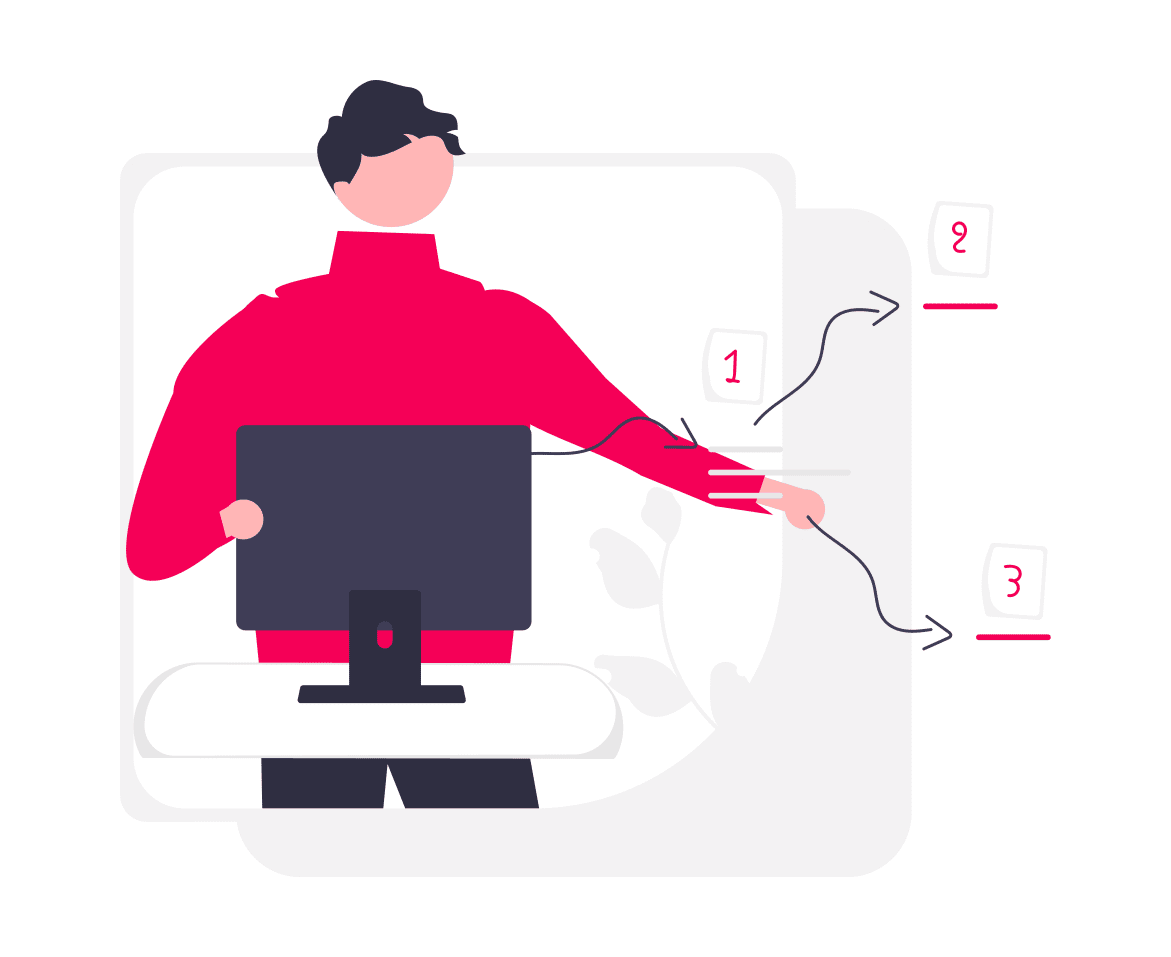The demand for skilled and proficient coders is higher than ever. As companies compete to attract top talent, recruiters face the challenge of efficiently assessing the coding skills of potential candidates.
According to a survey by Stack Overflow, 80% of developers believe coding assessments are crucial in the hiring process, emphasizing the need for effective coding assessment tools.
Traditional methods of evaluating candidates through resumes and interviews may not provide a comprehensive understanding of their actual coding abilities. This is where coding assessment tools and platforms come into play, revolutionizing the recruitment process and ensuring a more accurate evaluation of candidates’ coding proficiency.
The growth of recruitment in the tech world
Recruiting the right talent is a critical aspect of any organization’s success, particularly in the tech industry where the skills and expertise of employees directly impact product development and innovation. In the early days, recruiters heavily relied on resumes and interviews to assess candidates. However, as technology advanced, it became apparent that these traditional methods were not always sufficient for evaluating a candidate’s coding skills.
The traditional interview process often faced challenges such as:
Limited scope: Interviews, even technical ones, have time constraints. They may not cover a broad range of skills, and candidates might not have the chance to showcase their full potential.
Bias: Unconscious biases can influence interviewers, leading to decisions that may not necessarily reflect a candidate’s true capabilities.
Subjectivity: Coding assessments during interviews can be subjective. Different interviewers may have varying expectations and evaluations, leading to inconsistent results.
To address these issues, companies turned to coding assessment tools and platforms to provide a more accurate and standardized evaluation of candidates.
Top coding assessment tools
1. Testlify
Testlify empowers recruiters to create customized coding assessments tailored to the specific needs of the role with a user-friendly interface and a comprehensive suite of features. Our talent assessment platform goes beyond traditional evaluations, incorporating advanced analytics to provide in-depth insights into a candidate’s coding proficiency.
Key Features:
- Live coding challenges
- Customizable assessments
- Detailed results and reports
2. HackerRank
HackerRank allows recruiters to create coding challenges tailored to their specific requirements. Candidates can then solve these challenges in an online coding environment, providing a real-world simulation of their coding skills.
Key Features:
- Customizable assessments
- CodePair
- Insights and analytics
3. Codility
Codility focuses on assessing coding skills through online coding tests. Recruiters can create tests covering various topics such as algorithms, data structures, and problem-solving. The platform automatically evaluates the candidate’s code, providing a detailed report on their performance.
Key Features:
- Task Customization
- Plagiarism Detection
- Real-World Scenarios
4. LeetCode
LeetCode is widely known for its vast collection of coding challenges that are designed to prepare candidates for coding interviews. While it started as a resource for individuals to practice, it has evolved to offer tools for recruiters to assess candidates.
Key Features:
- Database of coding challenges
- Mock interviews
- Company-specific assessments
Advantages of coding assessment tools for recruiters
1. Objective evaluation
Coding assessment tools provide an objective evaluation of a candidate’s skills. The code is analyzed based on predefined criteria, eliminating subjective judgments and reducing the impact of biases in the evaluation process.
2. Efficient screening
Recruiters can efficiently screen a large number of candidates using coding assessment tools. Automated evaluation speeds up the initial screening process, allowing recruiters to focus their time and efforts on the most promising candidates.
3. Real-world simulation
Many coding assessment platforms offer a real-world simulation of the coding environment. This provides candidates with the opportunity to showcase their skills in a setting that closely resembles the actual work environment they will encounter on the job.
4. Time and cost savings
Conducting traditional coding interviews can be time-consuming and resource-intensive. Coding assessment tools streamline the process, reducing the time and cost associated with the recruitment cycle.
5. Data-driven decision making
These platforms generate detailed analytics and insights into a candidate’s performance. Recruiters can leverage this data to make informed and data-driven decisions, enhancing the overall quality of the hiring process.
Overcoming challenges in implementing coding assessments
While coding assessment tools offer numerous advantages, their implementation may come with its own set of challenges:
Candidate experience
It’s crucial to ensure that the assessment process is user-friendly and provides a positive experience for candidates. A challenging assessment platform may discourage talented individuals from completing the process.
Diversity and inclusion
Recruiters need to be mindful of potential biases embedded in the coding challenges and assessments. Ensuring diversity and inclusion requires careful consideration of the content and structure of coding assessments.
Integration with recruitment workflow
Seamless integration of coding assessment tools with existing recruitment workflows is essential. Recruiters should be able to easily incorporate coding assessments into their overall evaluation process.
Customization and flexibility
Recruiters often require the flexibility to customize assessments based on the specific needs of the role. A one-size-fits-all approach may not be suitable for every position.
The future of coding assessment tools
As technology continues to advance, coding assessment tools are likely to evolve with new features and capabilities. Some trends that may shape the future of these tools include:
AI-driven assessments
The integration of artificial intelligence (AI) in coding assessments can provide more sophisticated analysis of a candidate’s coding skills. AI algorithms may assess not only the correctness of the code but also its efficiency, readability, and other nuanced factors.
Interactive assessments
Future coding assessment tools may focus on creating more interactive assessments that simulate real-world coding scenarios. This can provide a more holistic view of a candidate’s problem-solving abilities.
Blockchain for integrity
Blockchain technology could be employed to enhance the integrity of coding assessments. This may include ensuring the authenticity of a candidate’s work and preventing plagiarism.
Gamification elements
Introducing gamification elements into coding assessments can make the process more engaging for candidates. This approach could enhance the candidate experience and attract a wider pool of applicants.
Conclusion
Coding assessment tools and platforms have become indispensable in the recruitment process, particularly in the tech industry. They address the limitations of traditional methods and provide a more accurate and efficient way to evaluate a candidate’s coding skills. As the demand for skilled coders continues to rise, recruiters must leverage these tools to identify and attract top talent.
The key to successful implementation lies in choosing the right coding assessment platform that aligns with the organization’s hiring goals and values. By embracing the power of these tools, recruiters can streamline the recruitment process, make data-driven decisions, and ultimately build high-performing teams that drive innovation and success in the dynamic world of technology.








